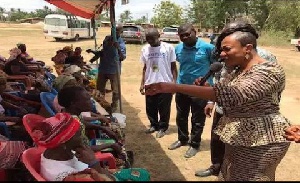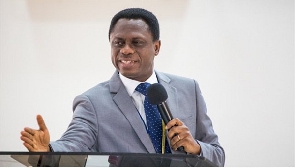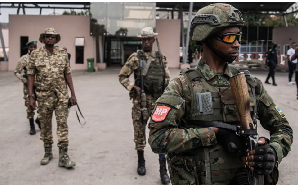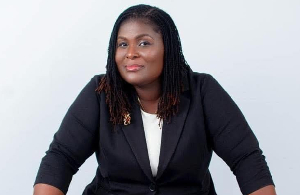The Jirapa District Assembly in the Upper West Region is to investigate the infiltration of unqualified persons benefiting from government’s social intervention programme, Livelihood Empowerment Against Poverty (LEAP).
District Chief Executive of the assembly, Ms Christine Bonbanaye Amadu, said she has received intelligence suggesting that some young people who do not qualify were enjoying monthly stipend from the programme.
She told TV3 that a committee will be set up to investigate, identify and delete the names of such persons who are illegally drawing allowances from the programme being run by the Department of Social Welfare.
There are about 2,978 residents across eight area councils in 52 communities in the Jirapa District who are currently beneficiaries of the programme.
They are paid a minimum amount between GHC64 for one household member and GHC106 monthly for four and above beneficiaries.
Officials of the Department of Social Welfare select beneficiaries of the social cash transfer programme that provides cash grant to the extremely poor households across the country.
It is unclear how those unqualified persons got onto the programme and for how long they have been benefiting as well as whether they will be prosecuted.
But the District Chief Executive for Jirapa suspects some due diligence has not been done to carefully select qualified beneficiaries to meet the purpose for which the programme was created.
Ms Amadu told TV3 after the assembly’s first ordinary meeting that if unqualified persons were found to be on the programme, they would delete their names and replace them with qualified persons.
On revenue mobilization, the DCE condemned some traders who have been threatening revenue collectors to thwart their efforts.
She said the assembly will sensitise the traders as well as train their collectors on how to go about their duties to avoid such threats.
Meanwhile, the Ghana National Household Registry (GNHR) has started a pilot project in the Upper East to register households for the benefit of all government social intervention programmes and also to do away with human interference and repetitions.
General News of Thursday, 17 August 2017
Source: 3news.com













